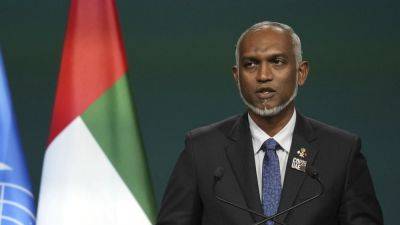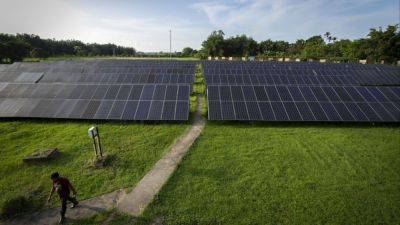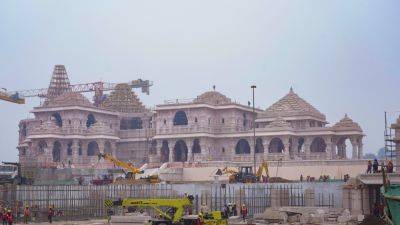India’s top court is set to rule on same-sex marriage. Here’s what that could mean for millions of people
CNN —
It wasn’t love at first sight when Aditi Anand met Susan Dias at a book club in Mumbai.
“We didn’t get along with each other at all,” Anand, a filmmaker, said with a smile as she recalled the encounter. “We were always antagonistic toward each other’s views on the books we were reading.”
Weeks later, when the two women bumped into each other at a phone shop, Dias evenignored Anand.
“She tried so hard not to acknowledge me. But unfortunately, or rather fortunately for both of us, we found each other at the phone counter,” Anand said. “We said hi and exchanged numbers.”
More than a decade later, Anand and Dias have built a life together. They have co-founded their own companies, are raising a son, own a home and have adopted a dog.
But there’s one thing they have not been able to do in their home country: marry.
Aditi Anand, left, and Susan Dias, right, are among 18 petitioners challenging the law.India, the world’s largest democracy and most populous country, does not recognize same-sex marriage, effectively barring millions of LGBTQ couples from accessing some of the legal benefits attached to matrimony in relation to issues like adoption, insurance and inheritance.
In Dias and Anand’s case, for instance, under the present law only one of them is recognized as their son’s legal parent, which affects issues like who can make medical decisions on his behalf.
However, things could be about to change.
In a landmark case being live-streamed to the public and watched by tens of thousands of people every day, India’s Supreme Court has since April been hearing submissions from activists challenging the law.
Advocates acting on behalf of 18 petitioners say it’s time for India to treat the country’s LGBTQ







